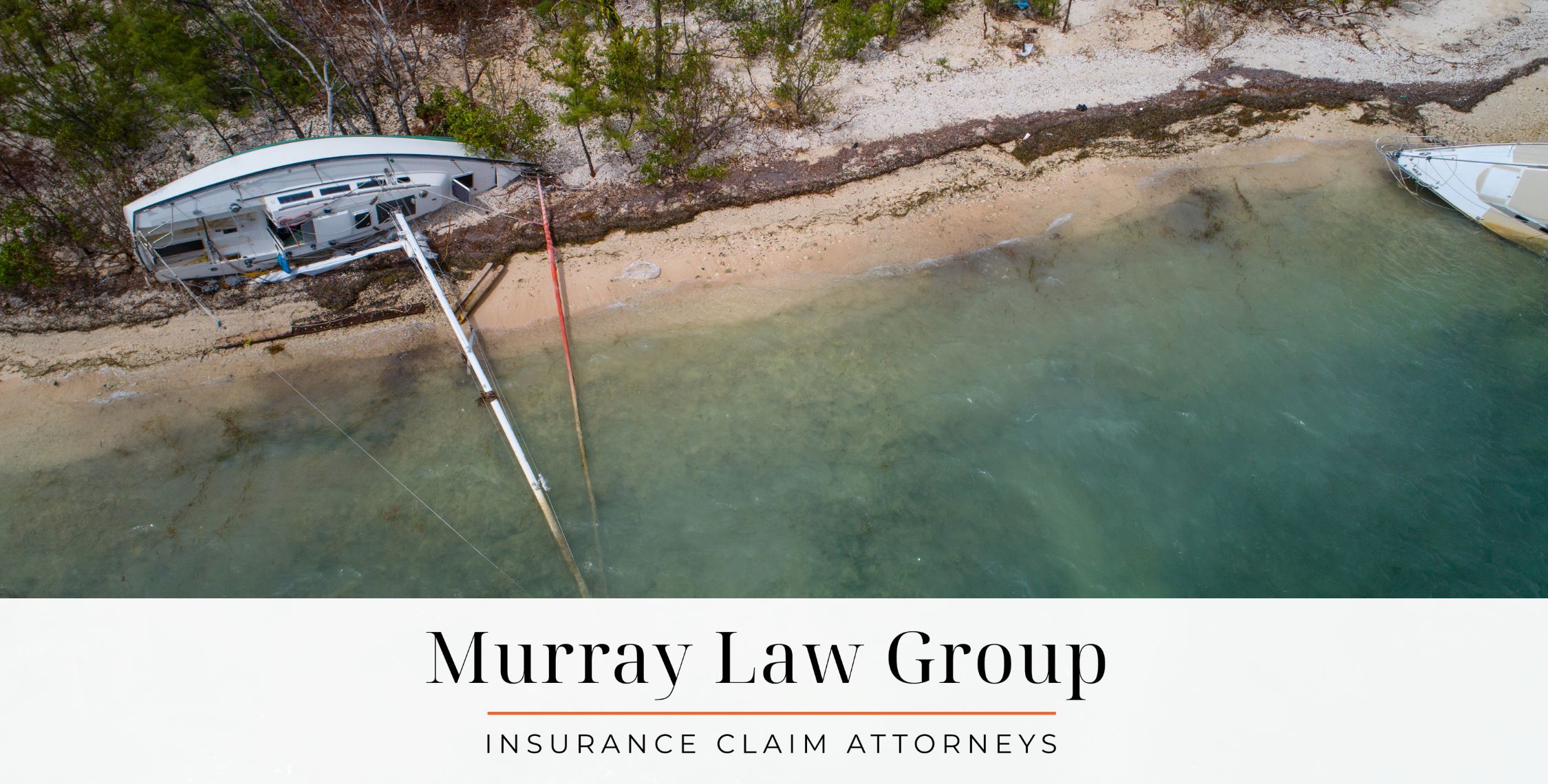Safeguard Your Investment
As a Florida boat owner, you understand the importance of protecting your investment in the face of a natural disaster. As we approach hurricane season, it’s crucial to be prepared and knowledgeable about securing your boat, whether it’s in the water, on a lift, or on a trailer. Below are some tips and guidance on preparing your boat for an incoming hurricane.
Securing Boats in the Water
1. Choose a safe location: If possible, move your boat to a safe harbor or protected marina that offers additional shielding from the storm. Avoid areas with a history of flooding or that are exposed to open water.
2. Double up on lines: Use high-quality, chafe-resistant lines to secure your boat. Double up on all lines and use spring lines to reduce the strain on cleats. Adjust lines so the boat can rise and fall with the tide without causing too much tension.
3. Add extra fenders: To prevent damage from collisions, add extra fenders and ensure they are securely fastened to the boat.
4. Reduce windage: Remove all loose items, such as sails, canvas covers, and deck furniture. Secure halyards and reduce windage by wrapping them around the mast and securing them with tape or cable ties. For sailboats, consider lowering the mast if time permits.
Securing Boats on Lifts
1. Raise the lift: Raise your boat lift to its highest position, ensuring your boat is well above the storm surge and potential flood levels.
2. Strap it down: Secure your boat and the lift using heavy-duty straps or ropes, creating tension to prevent the boat from hitting the pilings which may cause damage. You want to prevent the boat from swinging in the wind.
3. Remove the drain plug so that the accumulated water will drain and prevent the lift from collapsing.
4. Plug the engine’s exhaust outlet and strip the boat of all movable items.
5. Check all drains to ensure they are clear of debris.
6. Remove loose items: As with boats in the water, remove all loose items to minimize wind resistance and the risk of damage.
Securing Boats on Trailers
1. Move to higher ground: If possible, move your boat and trailer to a secure location away from potential flooding and storm surge.
2. Block the wheels: Place wheel chocks or blocks in front of and behind the trailer tires to prevent it from rolling.
3. Secure the boat to the trailer: Tighten tie-down straps to ensure the boat is firmly secured to the trailer, reducing the risk of it being lifted or moved by strong winds.
4. Anchor the trailer: If possible, anchor the trailer to the ground using heavy-duty stakes or screw anchors.
5. Cover and remove loose items: Cover your boat with a fitted, reinforced cover, and remove any loose items as you would with boats in the water or on lifts.
We’re Here to Help
When it comes to hurricane damage, it’s crucial to act quickly in filing an insurance claim. You should document the damage with photos and videos, and keep receipts for any repairs or temporary measures taken to prevent further damage. You should also contact your insurance company as soon as possible to begin the claims process.
Properly preparing your boat for a hurricane is essential to protect your investment and minimize potential damage. By following these guidelines, you can take the necessary steps to ensure your boat is as secure as possible during a storm.
If your boat or property does sustain damage, Murray Law Group is here to help you navigate the insurance claims process and ensure you receive the compensation you deserve. We encourage you to stay safe, stay informed, and don’t hesitate to contact us for any legal assistance related to your boat or property insurance claims.
We understand that dealing with insurance claims can be challenging and confusing, especially in times of distress. Our team is here to help Florida insureds navigate disputes with their property insurance companies. If you need assistance with your claim, don’t hesitate to reach out to us for expert legal guidance.
%20LOGO%20FINAL.png?width=1089&height=252&name=MLG%20(PREMIUM)%20LOGO%20FINAL.png)
